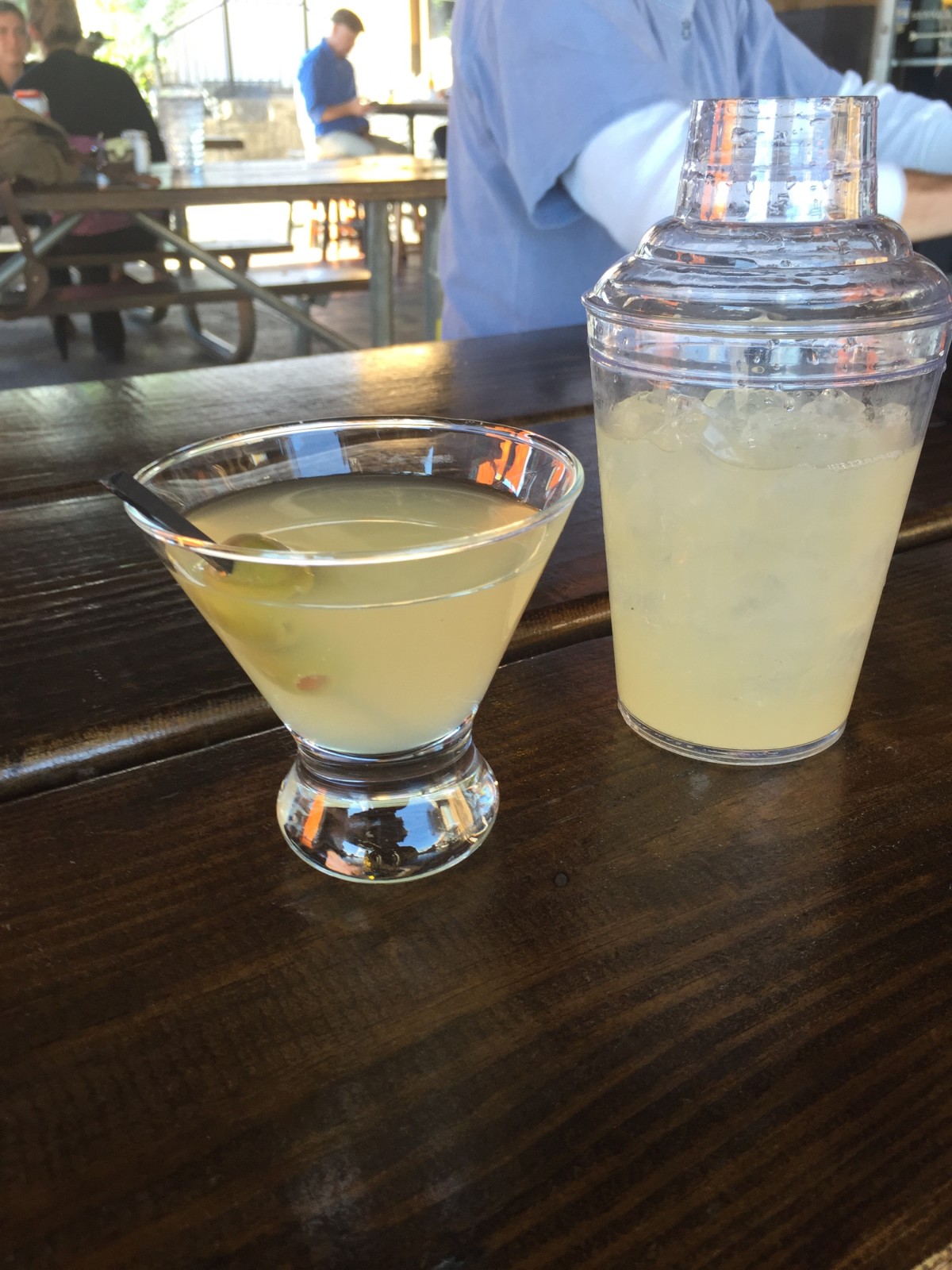$9.99.
We used to look at that number, scratch our heads and rationalize the price as a marketing tactic to make buyers believe a product was cheaper than it was. This is all based on the psychology that $9.99 looks cheaper than $10 visually.
$99.99 isn’t $100 because it’s not a 3-figure number. It’s a 2-figure number and change. It has more psychological impact with bigger purchases. $999 isn’t $1000 and subconsciously, we think, it’s cheaper.
The psychology works even if the facts don’t bear out.
But there’s a nefarious new plot twist in the digital marketplace: $19.98 isn’t greater than or equal to the minimum purchase of $20.
In the old days (of yesterday), if you go into a convenience store and tried to buy a bag of chips and a coke, you might be told that the credit card minimum was $5. That tactic is a based-on-data-driven-business reality. Credit card companies charge a per-transaction fee that is usually a flat rate, so the law of diminishing returns comes into effect.
But you could always add a pack of gum or similarly low prices item to get over that credit card minimum.
But the marketplace is different than these harsh business realities. In the marketplace, specifically digital, companies are forced into a profit-or-bust scenario where anytime they can get $9.99 more, they inch closer to profitability… And that’s a business reality too.
When I decided to try Drizly, the fantastic new alcohol delivery service that fashions itself a liquor-store-meets-pizza-delivery service concept, I placed two six packs of great IPA in my cart and went to close. Total: $19.98.
Store minimum: $20.
Mind you, pretty much everything comes in at a minimum of $9.99 so the closest you can get without going over? $19.98. To buy that pack of gum, so to speak, that gets you that extra 2 cents? Another $9.99.
This is, of course, intellectually dishonest.
If you cared about minimums, you’d make each six pack a penny more. And if that’s an artificial number to inflate profit, you force the user to spend another $9.99 for a real store minimum of $27.97. Plus delivery fee. Plus tip.
The 99 cent marketing tactic has evolved. Of course, I didn’t purchase anything from Drizly and they are, by no means, the worst culprit. But they are the most recent example.
Beware the 99 cent rule. And beware companies who sell their wares in sneaky ways in pursuit of that almighty dollar.

